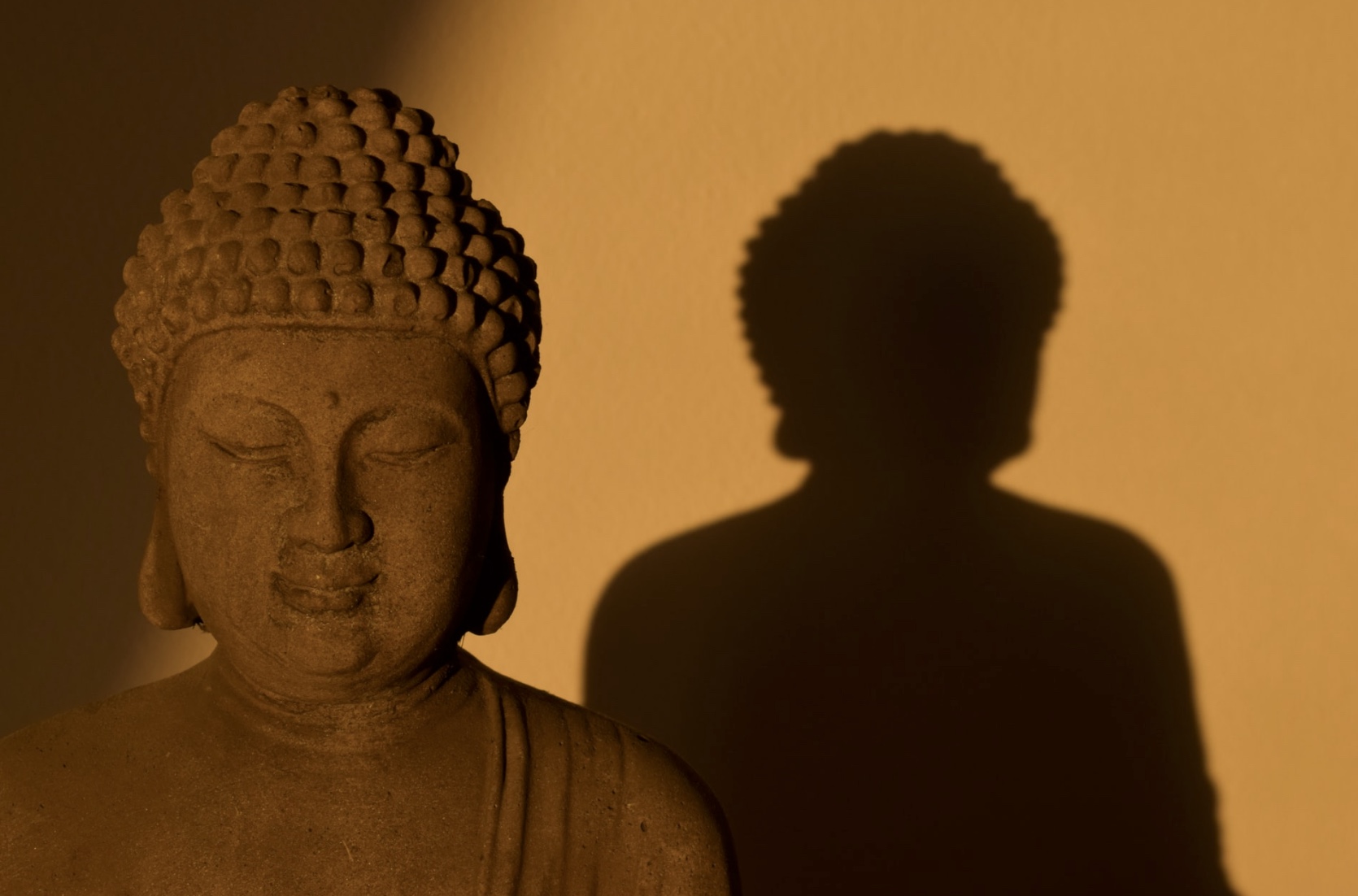
Faith and belief seem to be running rampant in both the political and spiritual realms.
True believers and people of faith believing and having faith in conspiracy theories, surefire paths to enlightenment, and other unsubstantiated claims.
Blind faith is an attempt at certainty in a world in which uncertainty is certain.
Regarding faith in the Buddhist tradition, the Theravadin monk and scholar Bikkhu Bodhi said:
“As a factor of the Buddhist path, faith (saddha) does not mean blind belief but a willingness to accept on trust certain propositions that we cannot, at our present stage of development, personally verify for ourselves. So, the challenge is to neither believe nor disbelieve, or attach to some meaning, but to trust the practice and remain open to insight.”
Trust and Confidence
Faith has many definitions with a common thread—trust or confidence. It may be based on evidence and subject to question and validation, or it may be unquestionable, which would be blind faith.
Some treat faith and belief as synonyms. Others, like Ram Dass, differentiate between belief and faith:
“Belief is in the head,” which is conceptual. “Faith is in the heart” is an all-pervading knowing beyond concept and intellect.
Warranted faith is confidence in one’s belief because of deep experiential knowledge.
Don’t Be Fooled
Ah, but how easy it is for the conceptual mind, the head, to make it seem as if there is true faith when it is merely a deeply held belief.
How does one know when one’s faith is warranted or not? To truly know the heart is to continuously question and drop our beliefs—including those beliefs pretending to be faith. Apply skillful doubt. Accept uncertainty.
The Zen tradition recognizes the need for great faith, great doubt, and great determination. Let go of the need to be certain, to not-know, with the determination to continue to skillfully explore.
When the conceptual mind is blown, then there is no belief, no faith—just knowing. That is where wisdom arises. The self dissolves into the ocean of awareness—the ocean of love. Awareness knows, free of conceptual programming and conditioning and a false sense of self. When doubt arises in awareness, it signals the next round of questioning and tests our faith.
Question Everything
The Buddha, in the Kalama Sutta advised:
“… don’t go by reports, by legends, by traditions, by scripture, by logical conjecture, by inference, by analogies, by agreement through pondering views, by probability, or by the thought, ‘This contemplative is our teacher.’ When you know for yourselves that, these qualities are skillful; these qualities are blameless; these qualities are praised by the wise; these qualities, when adopted and carried out, lead to welfare and to happiness—then you should enter and remain in them.”
Faith Leads to Insight
Faith is a stepping-stone to insight and the wisdom it brings. Faith, built on experience, skillful doubt, and trust in the source of beliefs, supports the effort required to practice and behave skillfully.
For example, when a trusted teacher or teaching advises you to meditate in a certain way to achieve insight and peace, your faith motivates you to practice, even in the face of obstacles.
The results you experience either reinforce your faith or bring you to question it. Along the way, doubt arises—we explore it and see for ourselves whether to continue with the practice or not.
Ultimately, we rely on our own experience. We no longer need faith because we know.
Until then, have great faith, great doubt, and great determination to know the truth—or as Ram Dass wrote:
“Faith is not a belief. Faith is what is left when your beliefs have all been blown to hell. Faith is in the heart, while beliefs are in the head.” ~ Ram Dass








Read 2 comments and reply